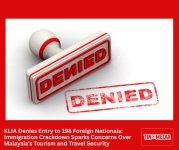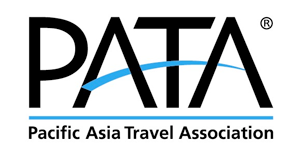As artificial intelligence and immersive technologies rapidly reshape the travel landscape, Google’s deepening presence in travel planning has sparked renewed debate: could the tech giant become the world’s most powerful online travel agent (OTA)?
Digital marketing expert Andy Headington of Adido has raised concerns over Google’s evolution from a search engine into a potential one-stop travel platform. With tools like AI-powered trip planners and immersive search experiences via Gemini, Google now has the capability to create and recommend entire itineraries — and possibly allow users to book them directly through Google Pay.
However, this move could put Google in direct competition with its biggest advertisers, including Booking Holdings, Expedia, and Airbnb, who collectively invest billions in Google Ads. Becoming a direct travel seller may jeopardize that revenue stream and attract legal scrutiny.
Consumer protection laws, such as the Package Travel Regulations in the UK and Europe, impose strict obligations on travel sellers, including offering refunds and handling complaints. Should Google begin bundling flights and hotels, it may be considered a principal provider and subject to these regulations.
Further complicating matters are competition concerns. If Gemini begins prioritising Google-linked offerings, the company may face antitrust issues — particularly as it’s already under regulatory investigation in the UK.
Moreover, technical and trust barriers remain. Some airlines, like Ryanair, restrict third-party access to their data, potentially limiting Google’s ability to offer accurate pricing. And when it comes to high-value purchases like holidays, consumers often still seek the personalisation, expertise, and assurance that human travel agents provide.
While Google may not yet be a full-fledged OTA, its expanding capabilities signal a shifting power dynamic in the travel industry — one that agents must watch closely.
- TAGS / KEYWORDS:
- trending#1


















.png)














